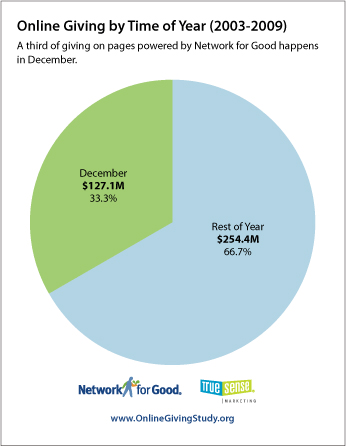Charity finances are the biggest barrier to moving forward with digital, report finds

Three quarters of charities need funding to create time and capacity to work on organisational development and digital strategy, with organisational finances the biggest barrier to moving forward with digital, according to this year’s Charity Digital Skills Report.
635 charities took part in the Charity Digital Skills Report 2024, with 68% saying finances were the biggest barrier for them.
This year, the report’s aims included tracking charities’ changing digital priorities, skills, confidence and attitudes, as well as understanding how they are engaging with AI, identify what they need to move forward with digital. The report also aimed to build further insights about the needs of small charities, and understand the specific priorities and barriers facing charities led by marginalised groups.
Advertisement
Key findings
Among this year’s key findings: half of charities now have a digital strategy although only 14% feel they have embedded this in their organisation and are advanced with digital. 76% feel they’ve made digital progress this year. 61% of charities said that they are now using AI in their day-to-day work or operations. 54% see building their online presence and social media engagement as vital.
Use of AI
Of the 61% using AI, 45% are using AI tools informally (such as to try them out). Just 11% are using AI tools across their organisation and a further 5% are working towards this. This, the report notes, is a significant increase on the 35% who were using AI tools last year. However, only 22% of charities feel prepared to respond to AI opportunities and challenges.
Digital fundraising
4 out of 10 (41%) say they are poor at digital fundraising, and an additional 25% don’t do it. However, 52% say this is a key priority for their organisation this year, and it is also a key area of support that charities say they both need and want.
Top barriers
For almost half (45%) though, lack of digital funding is their biggest barrier, and among small charities 72% say they are struggling digitally due to squeezed organisational finances. Among black-led charities, 65% are struggling to find funds to invest in devices, software and infrastructure.
Digital inclusion
This year’s findings reveal that 41% of black led charities struggle to find a funder who will support a digital project. This is higher than the report’s main sample (21%), all small charities (25%) and charities led by other specific marginalised groups. There is also a slightly greater prioritisation of digital inclusion support among organisations tackling racial injustice. A third (33%) say this is a key priority for their organisation this year and 29% say this is a key need for funding.
In the report, authors Zoe Amar and Nissa Ramsey say:
“If we had to summarise the 2024 Charity Digital Skills Report, it is a year when tech use across the sector has evolved and yet overall digital progress remains static. We can clearly see the impact of the cost of living crisis on charities and their organisational development. A lack of capacity, headspace and financial pressures are all preventing progress with digital.”
Commenting on the findings, Zoe Amar, Founder of Zoe Amar Digital, said:
“This year’s results show charities are struggling with increased workload, significant financial pressures from inflation and budget cuts and little headspace for innovation. These pressures are definitely delaying digital progress and much of the sector seems to be in a holding pattern. Yet, despite the many barriers and challenges faced by charities, the appetite is still there and it is promising to see half of charities are now approaching digital strategically and 80% see digital as an organisational priority.
“AI is definitely seeing the biggest positive shift in the sector, with ambitions high, however for many charities it can lift the lid on old digital challenges and shine a light on the skeletons in the closet. If you still have issues with gathering high quality data, AI is not going to solve this. You need the right infrastructure and governance in place otherwise the sector runs the risk of being left behind in the AI revolution.”
Nissa Ramsay, Founder of Think Social Tech, added:
“This year’s report reveals charities of all sizes are facing significant challenges when it comes to embracing the benefits of digital. Three quarters of small charities say their biggest challenge is squeezed organisational finances (72%, compared to 63% of large charities). Similarly, large charities are struggling most with limited capacity and headspace (72%, compared to 66% of small charities).
“We can see the impact more on smaller organisations, of which two thirds are at an early stage with digital (64%). For example, 53% of small charities are using AI tools in their day-to-day work, compared to 78% of large charities.
“Funders can make a radical difference by developing more inclusive funding practices. As it stands, only a quarter of charities were able to access funding that covered any digital costs this year. Both large and small charities need funders to recognise digital costs are vital core costs. It’s striking that 73% say their biggest digital funding need is time to work on organisational development.”




